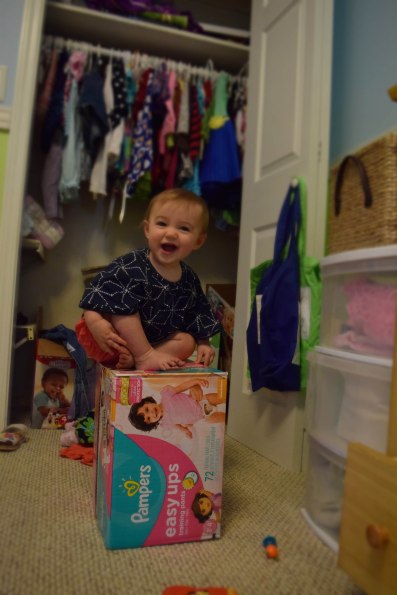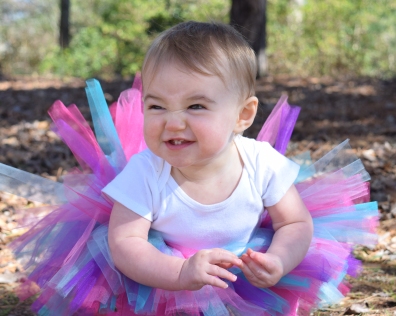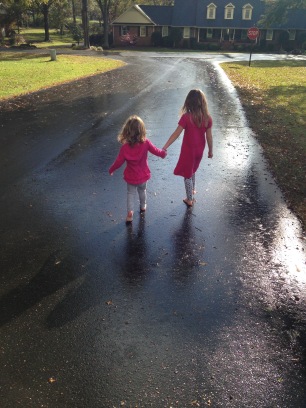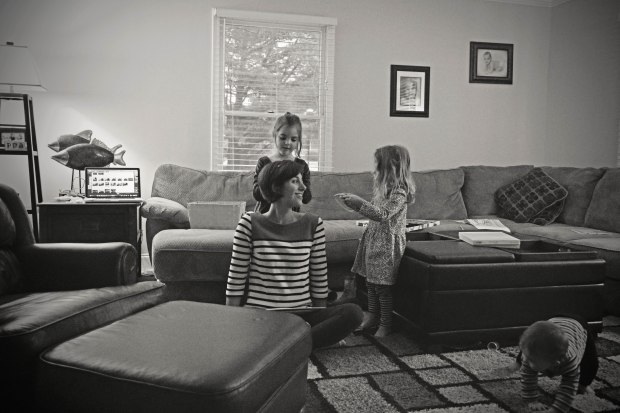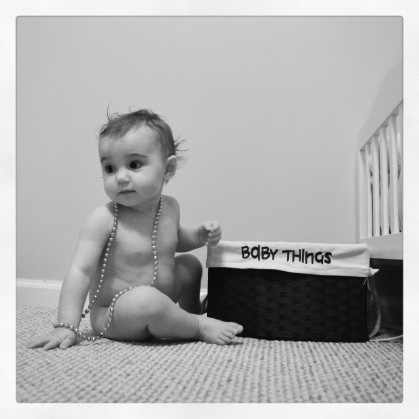Several years ago, when I had but one child, I joined a friend of mine for a girls’ night out. Although I didn’t know the other women that she had invited along, we all had kids, and that was enough to keep the conversation going. I can’t remember exactly how it came up, but at some point one of the ladies made a statement that went something like this: I don’t have that many friends on Facebook. I mean, if I’m friends with someone and they don’t even like any pictures of my kids, I’ll unfriend them.

I know what you’re thinking: Am I going to post a picture every time she loses a tooth? Yes. Like it anyway.
At the time, I thought this statement was a bit harsh, if not straight up crazypants. You’re going to unfriend anyone who doesn’t like pictures of your kids? It seemed to me that Facebook had certain unspoken rules, and this practice was flying in the face of all of them. Take these, for instance:
- It’s acceptable to friend someone after meeting them in person one time, particularly if the event where you met them involved alcohol.
- It’s acceptable to friend someone you went to high school with and never spoke to, even once, provided you graduated from high school a MINIMUM of 10 years ago and haven’t seen them since.
- If you haven’t spoken to a person face-to-face in more than three years – unless it’s, like, a cousin who’s teaching English in South Korea or something – you do NOT like or comment on their stuff unless you want to come across as a weirdo interloper.
Those are the rules. And I’m sorry, but 843 semi-random acquaintances are NOT going to like every picture you post of your child standing in front of various zoo animals or “smiling” at three weeks old. So it looks like you’re going to be hitting the “unfriend” button a whole lot.
That’s what I thought then.
But here’s the thing: The more time I’ve spent as a mom, the more those pictures of my kids doing inane kid things represent my life. My existence. My whole being. And so, yeah, if you don’t like pictures of my kids, if you don’t care to validate that giant part of my identity, are we really even friendly enough to warrant the term “friends”?
And here’s the other thing: If we are, in fact, friendly enough to warrant the term “friends”, shouldn’t I be going out of my way to validate whatever it is that you find important – be it your children, your cat, your new healthy lifestyle, your most recent crafting success, your borderline unhealthy obsession with a certain country music star? Yes, I should.
In light of this second realization, I have a new social media philosophy: Like Everything.

A picture of a freaking adorable card my child made? Like it.
Look, I know that Facebook uses some algorithm that impacts who sees what on whose news feed. You can’t like something you never saw in the first place. I get that. I don’t actually take it personally. It’s certainly possible that I don’t see posts from about 500 of my Facebook friends, and it’s not that I don’t care what they’re doing. It’s the f-ing algorithm. (By the way, I found this article about it fascinating…)
Anywho. Back to liking everything.
If you’re important to me, and it’s important to you, I vow to do my best to like it. Because I like you. I like what you stand for. I like your interests, even if they’re not my interests. I like your kids, even if they’re not as cute as my kids. (TOTALLY kidding. Of course they’re as cute as my kids. Way cuter, probably, because they don’t throw pantiliners all over my bathroom floor or try to serenade me with a doggy guitar while I’m sitting on the toilet.) I like your vacations. I like your home improvements. I don’t like your job troubles or your flat tire, but I WILL react with an appropriate emoji.

A picture of my child throwing pantiliners all over the bathroom floor? Like it.
I won’t, however, like everything flippantly. I won’t like it without actually reading it or swiping through the album, because I don’t want to be caught in a lie. I won’t like it out of pity or to prove something. I won’t like it if I don’t actually like it. Does that make sense?
I want to see how it feels, liking everything. Scrolling a little more slowly. Taking a minute or two more to appreciate all that we share of our lives, all that we offer. And then putting my phone down, or closing my computer, and continuing. To like everything. To see my life the way others do. These kids, my family, are my life. My existence. My whole being. If I don’t give myself a thumbs up, what does it matter who else does?
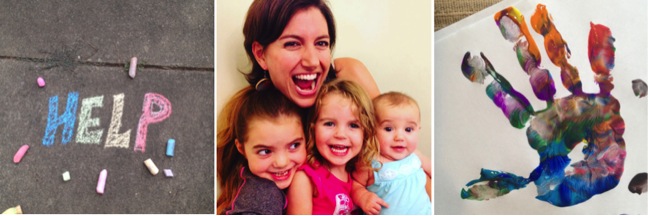

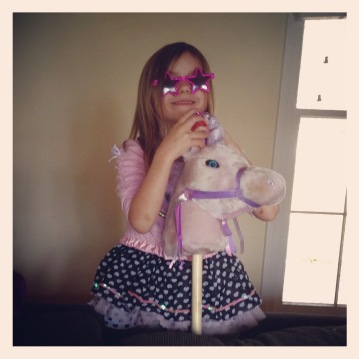

 Baby selfies. I have no idea what I look like, because I can’t stop staring at the diapered cherub next to me.
Baby selfies. I have no idea what I look like, because I can’t stop staring at the diapered cherub next to me. If a cute female child is sitting next to a cute male child, you have an irresistible urge to take a picture and then caption it with something like, “First date!” Which is disturbing in that you’re kind of turning a playdate into an arranged marriage.
If a cute female child is sitting next to a cute male child, you have an irresistible urge to take a picture and then caption it with something like, “First date!” Which is disturbing in that you’re kind of turning a playdate into an arranged marriage.



